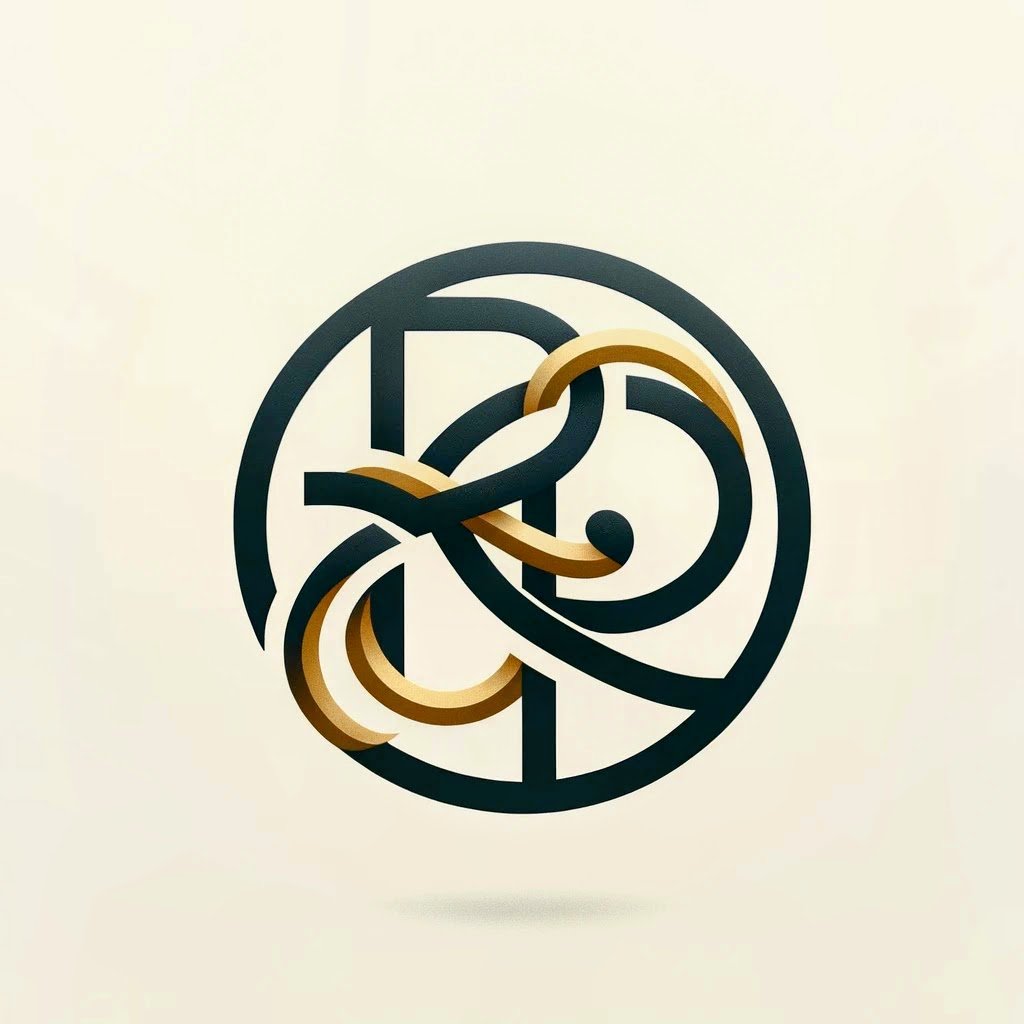The post-PC era
The term "post-PC" has been getting increased attention over the last few months. None more than today when the venerable Hewlett Packard, the king of PC's humbly admitted that the PC era was over. It was a tacit acknowledgement that they didn't not move fast enough to adapt. But there are some contradictions in the phrase that warrant analysis.The term got first attention when Steve Jobs used it in his D8 conference appearance. It got world attention when it was proudly used to launch the iPad2 earlier this year. Wall Street Journal can be credited with using (or abusing) the term "post-PC world" quite a bit. Much of it has to do with the blowout quarters Apple has been delivering thanks to the iPhone and subsequently the game changing iPad. It also coincided with the seeming popularity of tablets with manufacturers. But the real revolution began with the first meaningful smartphone, the iPhone and was followed by the emergence of Android and the dawn of the smartphone generation.The iPad changed the ballgame in such a profound way that every single participant of the PC ecosystem scrambling for a response. The Asian OEMs were the first to respond with a bevy of low cost Android tablets that flooded the low priced markets but meant no meaningful competition to Apple. The higher priced competitors followed with Samsung, RIMM and most recently RIMM. To the surprise of everyone concerned, they found very little market acceptance for their products while Apple was trying to meet the burgeoning demand for the iPad. Many have since said if the tablet market was all about iPad and no one else.The funny part about all this post-PC chatter is that one still needs a PC to activate his/her iPhone. Apple's big play into cloud computing, iCloud, actively includes PCs (or Macs) in the eco-system. Apple's Mac business in the meantime is having its best quarter to quarter growth in its entire lifespan. Apple's PC business is booming thanks ironically to its active engagement on post-PC products. Part of the reason is that one needs Macs to develop iOS apps. The other reason being that iPhone and iPad has made a brand new legion of Apple fans that want more and Macs fills their PC requirements.HP announced today in unequivocal terms that we are now in a post-PC era. This was probably the first time a big PC eco-system participant actually spoke about it in public. And it doesn't get bigger than HP. What was ironic was that HP also tried its hand in the post-PC era by picking up Palm last year and building their own tablet, the TouchPad, which was abruptly abandoned in a month since its launch. Not only was the product abandoned but HP bailed out of the business entirely. This seems odd given how much they think we are in a post-PC world. A company as big as HP and with as much financial muscle would be a good candidate to try its hand on the post-PC business. Apparently not.So here we are one again looking at one more tablet bite the dust. RIM's Playbook looks to be the next one waiting to be put out given its lackluster sales and lack of carrier acceptance. Android tablets themselves aren't selling nearly as well as the iPad but there are atleast some takers and the market is getting commoditized to get product prices down to move more units. Intel is also feeling the heat of the post-PC era where their chips are not powering the fast selling tablets and smartphones. They are trying their hand at introducing a new sub-segment, Ultrabooks to counter the tablet challenge while working with Microsoft on supporting the tablet form factor of its upcoming Window 8.And that brings us to the biggest player of them all who is and will be significantly be affected by the post-PC era- Microsoft. The entire business of MS is hedged upon people wanting PCs. And they will take a big hit if people continue to move away from PCs. They tried dismissing it only to realize they were being marginalized in the mindshare of people rather rapidly. They came out to say in 2010 that there would be tons of Windows 7 tablets. Does anyone know of a Windows 7 tablet out there?. I guess not. So here we are with Windows 8 coming soon and Microsoft promises that things will be different this time. Primarily because the OS is being built from the ground up to support tablets. Time will tell if Microsoft will make a dent in the tablet market, this time around.Apple has changed the PC business in a way even they could not have imagined. And it will only continue to move people away from the traditional notion of a PC with a keyboard and mouse to newer forms of touch based interaction to do PC type tasks. The PC itself will never go away. There are way too many computing intensive tasks that need powerful workstations that can never be replaced by smartphones or tablets. But for most of us, a mixture of tablet and smartphone use might replace the need for a PC. I am typing this on a Macbook Pro. I don't own a tablet and would find it extremely cumbersome to type such a long post with the funky virtual tablet keyboard. But then, I am an old school guy. Some things would never change for me. Atleast not for a while.

